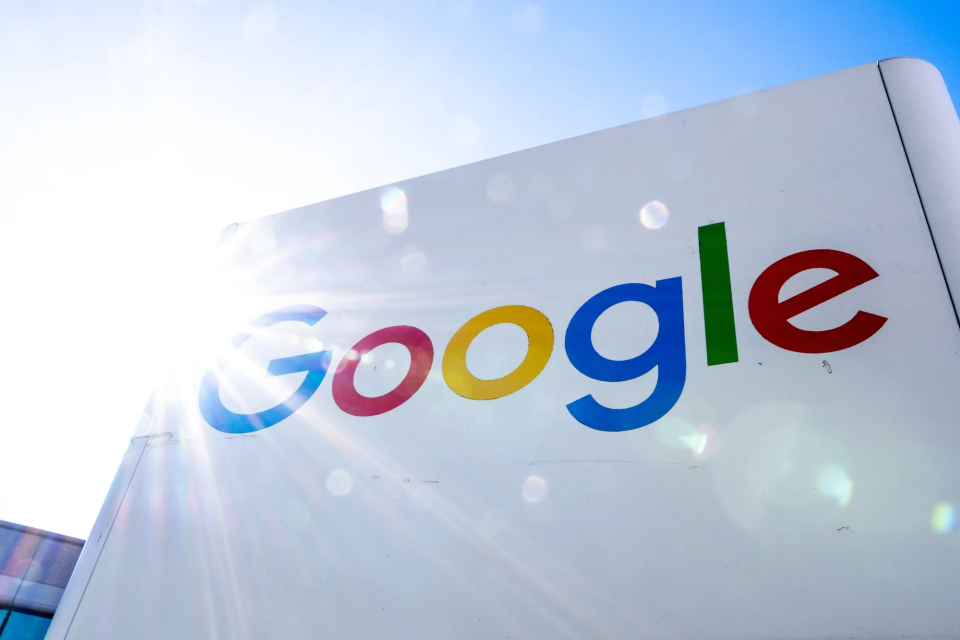Alphabet Inc. (NASDAQ: GOOGL) is taking significant steps to lower the cost of nuclear energy by partnering with Kairos Power to deploy small modular reactors (SMRs). This initiative, announced by Ruth Porat, Alphabet’s President and Chief Investment Officer, during the CERAWeek energy conference, reflects the tech giant’s commitment to carbon-free, reliable energy solutions amid growing electricity demands driven by artificial intelligence and other technologies.
“Nuclear has to be a part of the mix given its unique qualities,” Porat stated at the event, emphasizing its potential to provide consistent, carbon-free power. However, nuclear energy in the United States has faced challenges such as cost overruns and project delays. Porat stressed the need for public and private sectors to act urgently, building a series of plants that replicate construction processes to drive down costs.
Alphabet’s Google unit struck a groundbreaking deal in October 2024 to purchase power from Kairos Power’s SMRs. These reactors represent next-generation technology designed to reduce costs and accelerate deployment timelines through manufacturing efficiencies. The first plant is expected to come online by 2030, with additional reactors operational by 2035. This agreement is projected to deliver up to 500 MW of clean energy to U.S. grids.
Kairos Power’s SMRs utilize a molten-salt cooling system combined with ceramic pebble-type fuel, which enhances safety and efficiency. Unlike traditional water-cooled reactors, this design operates at low pressure, eliminating the need for expensive containment systems while ensuring stability even during power interruptions.
Porat highlighted the importance of scaling these projects: “If we don’t start now in a focused way and replicate a number of them… we’re not going to be able to drive down the cost curve.”
While Alphabet is betting on SMRs as a long-term solution, John Ketchum, CEO of NextEra Energy, noted that nuclear is unlikely to play a major role until 2035 or later. NextEra, the largest U.S. renewables developer, sees wind and solar as more immediate and cost-effective solutions for meeting rising energy demand. Ketchum pointed out that new natural gas turbines have become significantly more expensive, making renewables an attractive option ready for deployment today.
However, Ketchum acknowledged the potential of small modular reactors in the future. With around 95 companies currently working on SMR technology, he emphasized that the industry must narrow its focus to identify viable designs.
The U.S. faces soaring electricity demand over the next two decades, with data centers alone accounting for 17% of this growth, according to Ketchum. While renewables have dominated recent installations, 175 GW over five years compared to just three GW from nuclear, there is growing interest in reviving shuttered nuclear plants like Iowa’s Duane Arnold facility.
For Alphabet and Kairos Power, their collaboration represents an early but critical step toward revitalizing nuclear energy. By leveraging advanced reactor designs and iterative development processes, they aim to make nuclear a competitive option in the global transition toward clean energy. This partnership underscores Alphabet’s broader sustainability goals while positioning it as a leader in innovative energy solutions for a carbon-constrained future.

